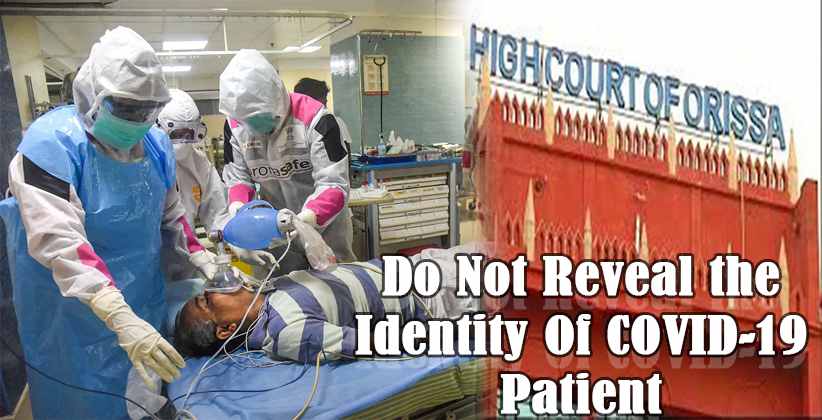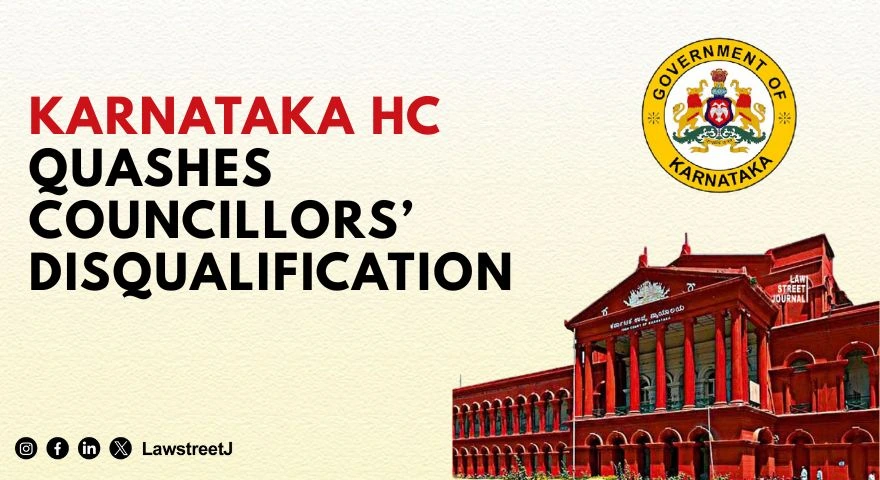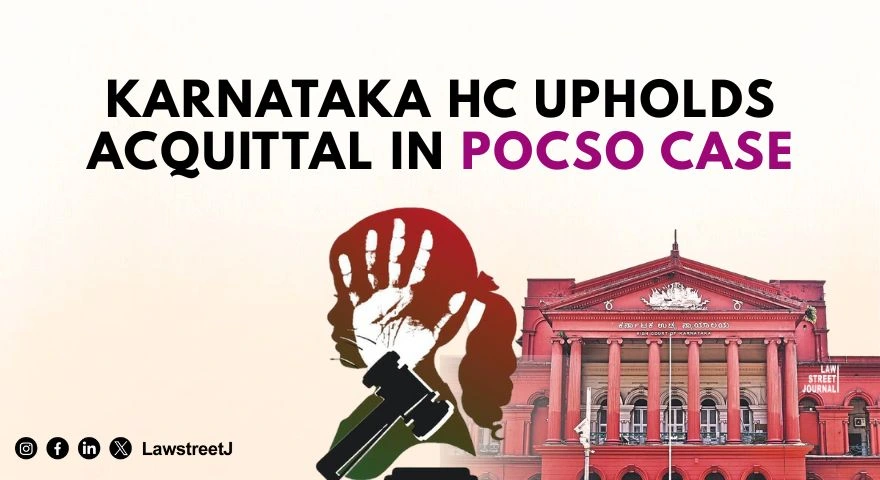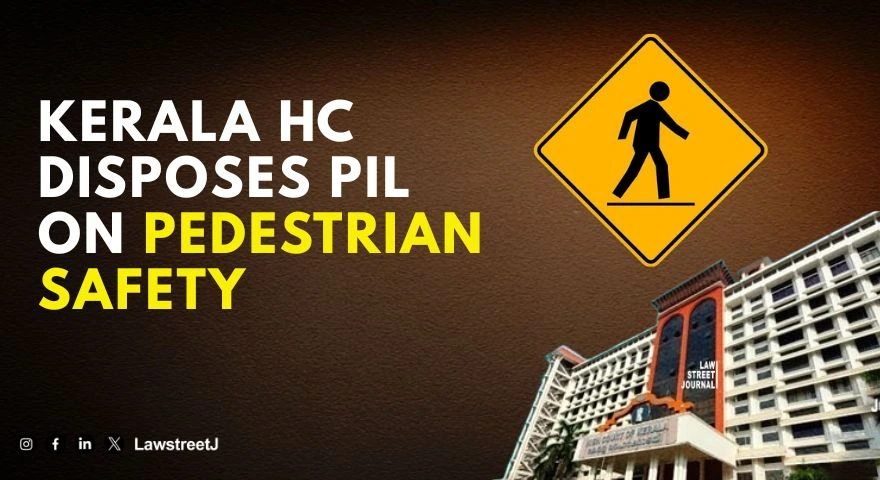A Division Bench of Chief Justice Mohammad Rafiq and Justice Dr. B.R. Sarangi of Orrisa High Court, on May 28, 2020, passed an interim order in the writ petition filed in the form of the PIL by one Ananga Kumar Otta praying for issuance of direction in the nature of Mandamus to appropriate authority to take stern action against the persons for whose connivance or negligence the identity of persons infected/affected by COVID-19 could be divulged.
He has also prayed to issue a direction to the Government to frame Rules/Guidelines and/or to take steps for ameliorating the problems of persons infected/affected by COVID-19, whose identity has been disclosed.
Following interim order has been passed by the Court:
In the meantime, the respondents-State authorities are directed to ensure that identity of any person, who is admitted to COVID centres-any Government Hospital/private Hospital or any Quarantine center in the State, found infected with Coronavirus (COVID-19) is not disclosed/publicized either in any intra-departmental communication or in any media platform including social media.
Contentions raised by the petitioner in his writ petition under Article 226:
He draws the attention of the Court to the fact that to counter prejudices, the Government of India in an advisory had said that those affected by coronavirus or under quarantine, should not be identified. Most states in India have a strict policy similar to that of ICMR of not revealing the identity of COVID-19 patients.
And in cases where the identity is revealed, those responsible have faced consequences, in this regard also mentioned several instances where stern actions were taken by authorities, where the names of COVID-19 patients were revealed.
He further submitted that the Government of Odisha had broken its own norms of not revealing the identity of coronavirus patients as it had named the fifth person in the State who tested positive, that was on April 02, 2020, when Bhubaneswar Municipal Corporation had revealed the identity. Municipal Corporation had revealed his identity under the refuge that contact-tracing was not possible, and it was necessary for enlightening others, who might have come in contact with him.
To buttress his arguments, he relied on an interview given by an independent researcher of global health, bioethics, and health policy to 'The Quint', a news website that the important factor is the question of value-add.
According to his opinion, revealing the identity in public is not a good idea, because of stigmatization and it must not be done unless theres a value-add in revealing the identity of the patient. Ideally, if the identity of a COVID-19 patient has to be revealed, it should only be done with the consent of the person, and for some specific purpose.
He further opined that a lot can be accomplished to a large extent, including contact-tracing, using de-identified details. The same Researcher had further explained how revealing the identity of a COVID-19 patient in public could cause stigmatization, and consequently, jeopardize efforts to control the spread of the virus.
According to him, Revealing the identity of the patient could lead to stigmatization. It could also lead to potential harm to the individual, and implications for the family members, and their loved ones.
The petitioner sought to explain the difference between 'social distancing' and 'social discrimination' in this regard and sought to highlight the reports regarding the consequences that ensue in case the identity of the person suspected of getting infected by coronavirus as available from various sources. He further argued that the stigma of being a COVID-19 patient, and the fear of social boycott, were preventing people from coming forward.
The matter is listed for a full hearing on June 04, 2020.








